The Supreme Court’s controversial ruling backing an Oregon city’s ban on homelessness has ignited fierce criticism. Human rights advocates argue this decision punishes the vulnerable instead of addressing the root causes of the crisis. As similar laws spread nationwide, the debate over how to handle homelessness intensifies.
Supreme Court Decision Sparks Outrage
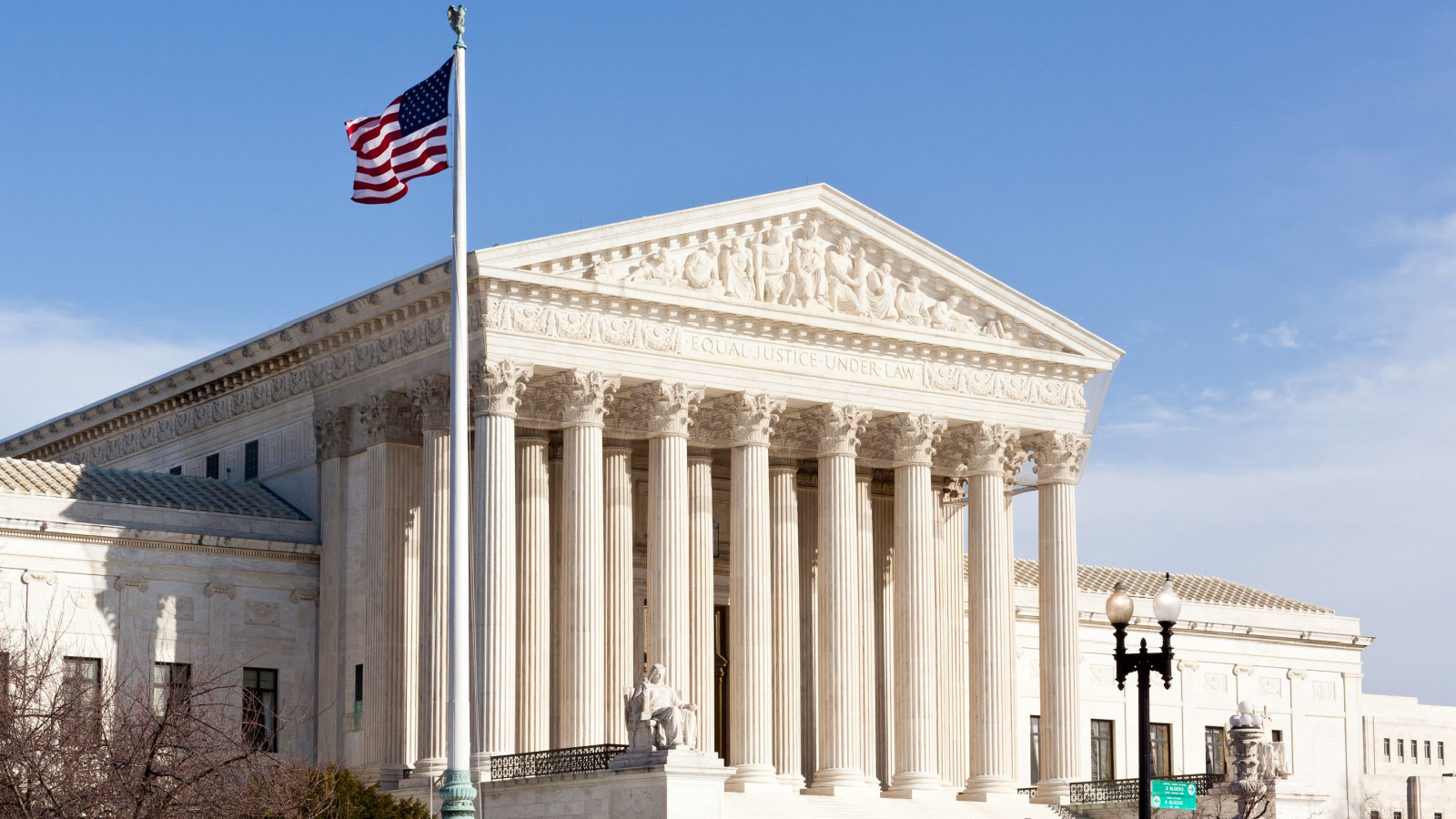
Human rights organizations are denouncing the Supreme Court’s support for an Oregon city’s ban on homelessness. This ruling permits law enforcement to penalize individuals sleeping in public spaces.
Justice Sotomayor’s Strong Dissent
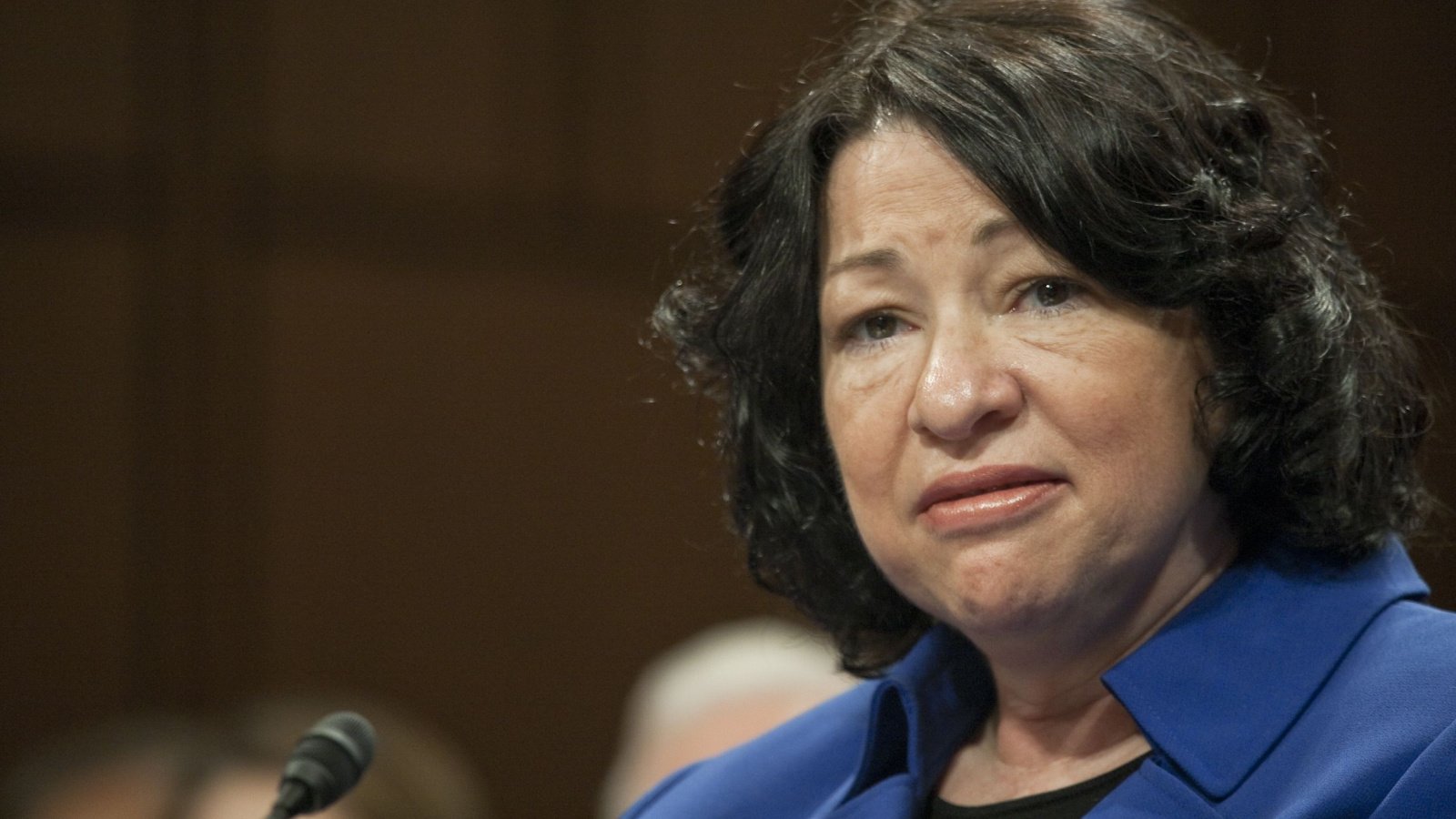
Justice Sonia Sotomayor argued that the decision disregards the dignity of homeless individuals. She emphasized that it forces the most vulnerable to choose between staying awake or facing arrest.
Civil Rights Groups Respond
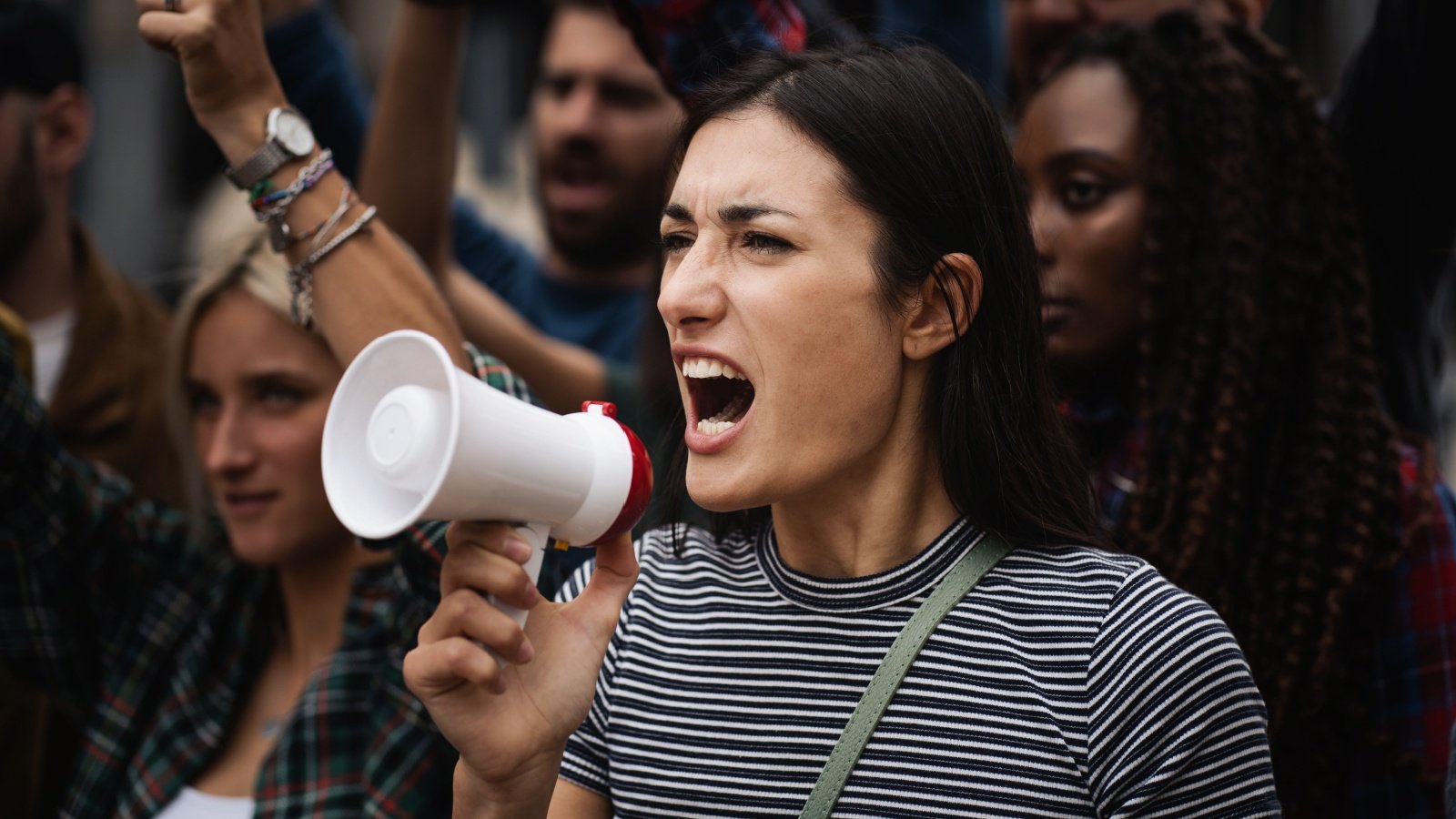
Civil rights advocates have condemned the 6-3 ruling, highlighting its detrimental impact on vulnerable communities. They argue that criminalizing homelessness fails to address the root causes of the issue.
Criticism from Homelessness Advocates
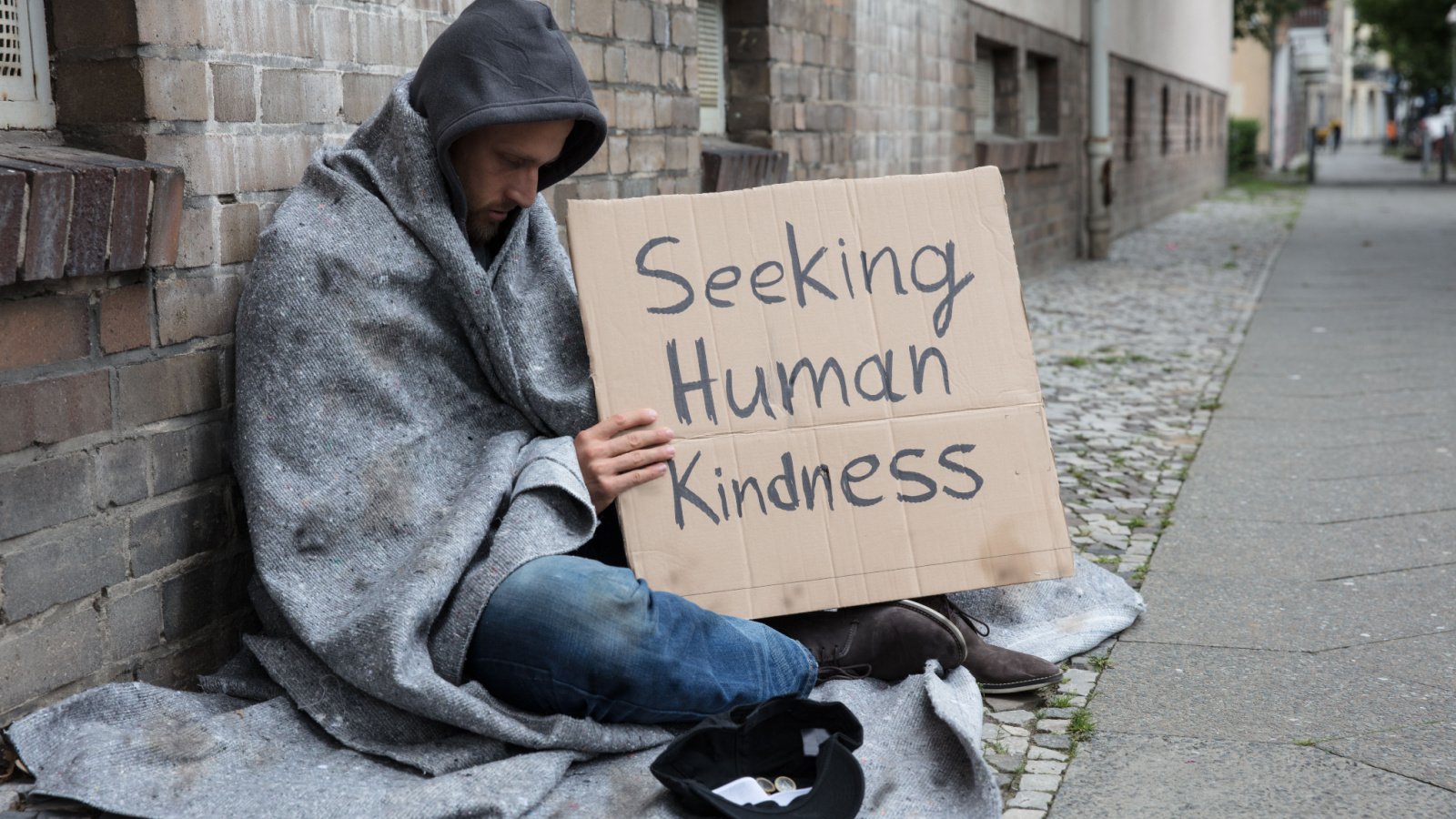
An ACLU attorney described the ruling as a prime example of excessive punishment. Advocates stress that punitive measures are not a solution to homelessness.
National Homelessness Law Center’s Reaction

The National Homelessness Law Center labeled the criminalization of homelessness as “expensive, counterproductive, and cruel.” They expressed disappointment but not surprise at the court’s decision.
Call for Government Action
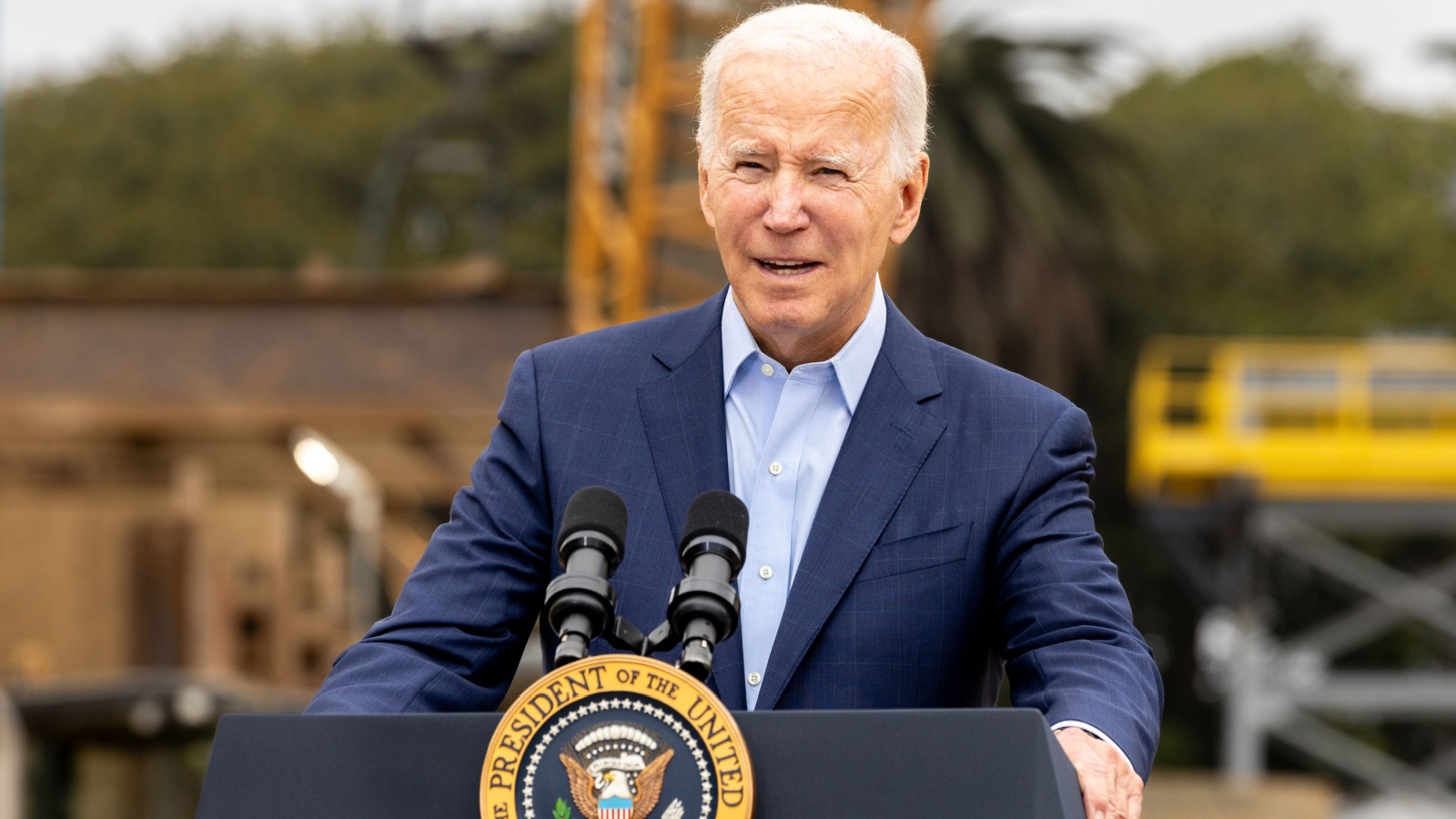
Advocates urge the Biden administration and Congress to invest in universal rental assistance and other supportive services. They believe these measures are essential to prevent eviction and homelessness.
Court’s Ruling on Homelessness Law
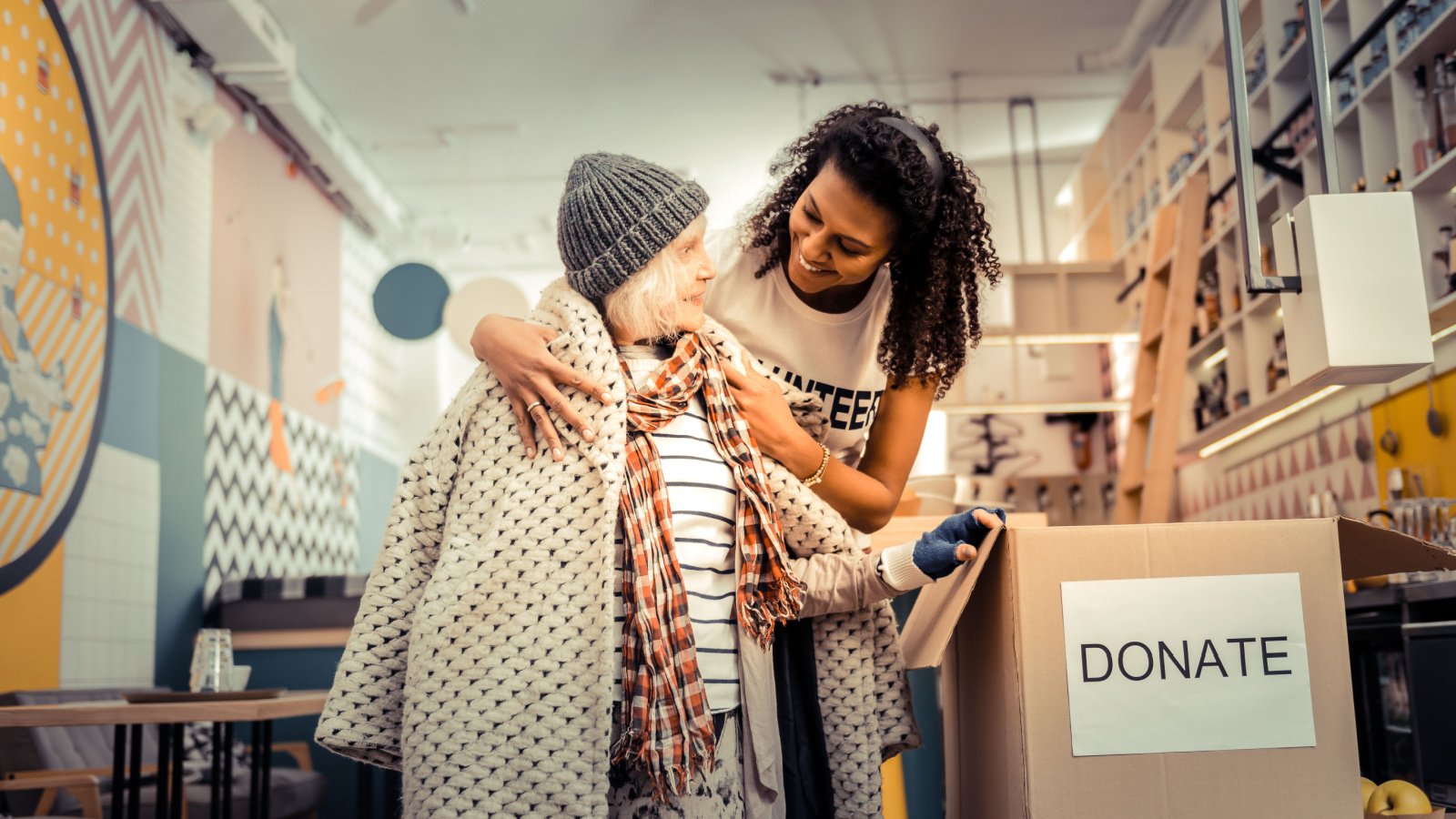
The conservative majority ruled that Grants Pass’ law, which fines and jails unhoused individuals, does not breach the Eighth Amendment’s prohibition on cruel and unusual punishment. The decision has sparked significant backlash from civil rights groups.
Dangerous Precedent Warned
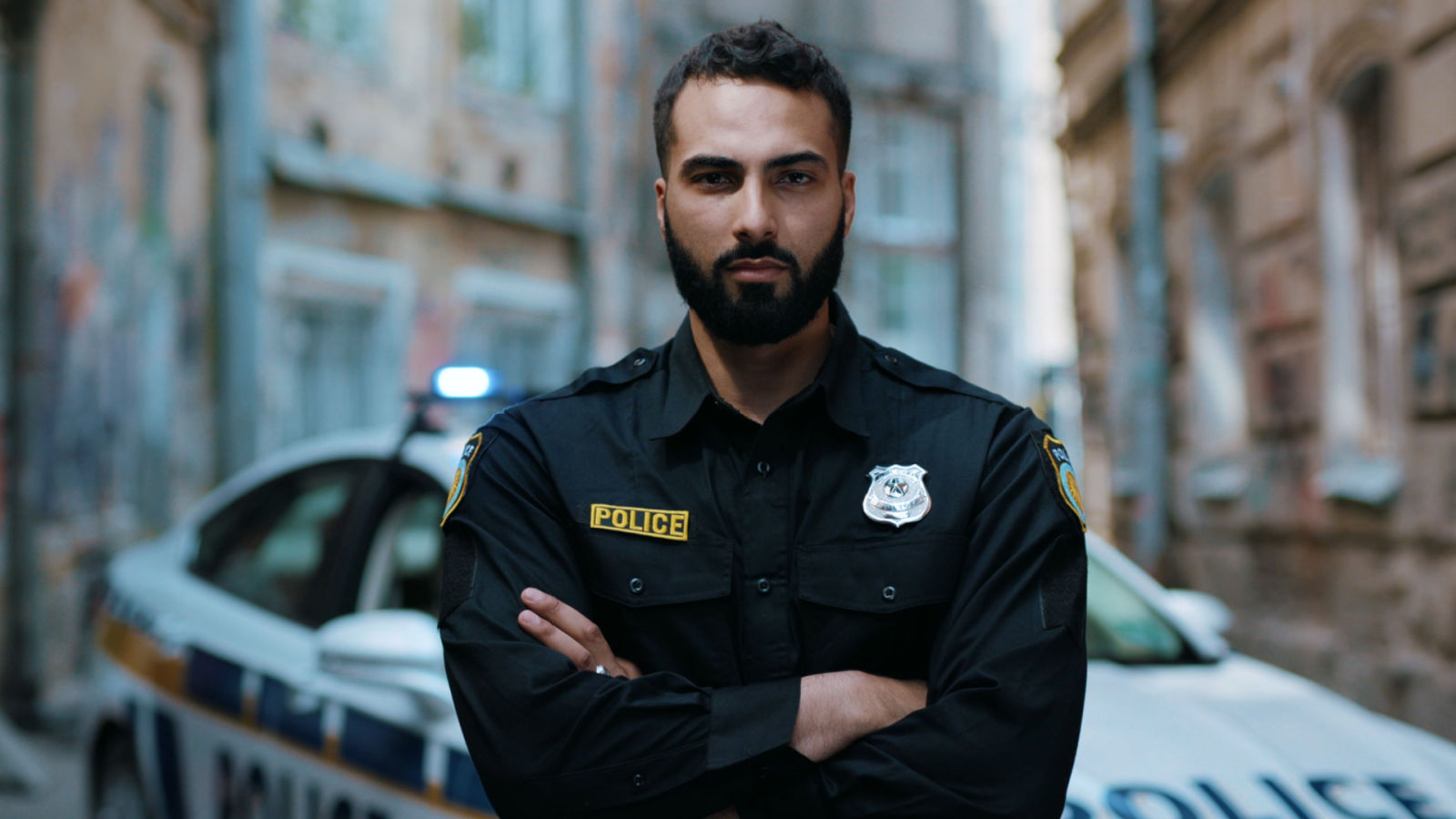
Experts warn that the decision sets a harmful precedent, allowing local officials to rely on arrests instead of sustainable solutions. They advocate for funding affordable housing and supportive services as the real path forward.
Advocacy for Affordable Housing

Kirsten Anderson from the Southern Poverty Law Center emphasized the need to tackle the root causes of unaffordable housing. She stated that homelessness should be seen as a humanitarian crisis, not a moral failing.
Broader Implications of the Ruling
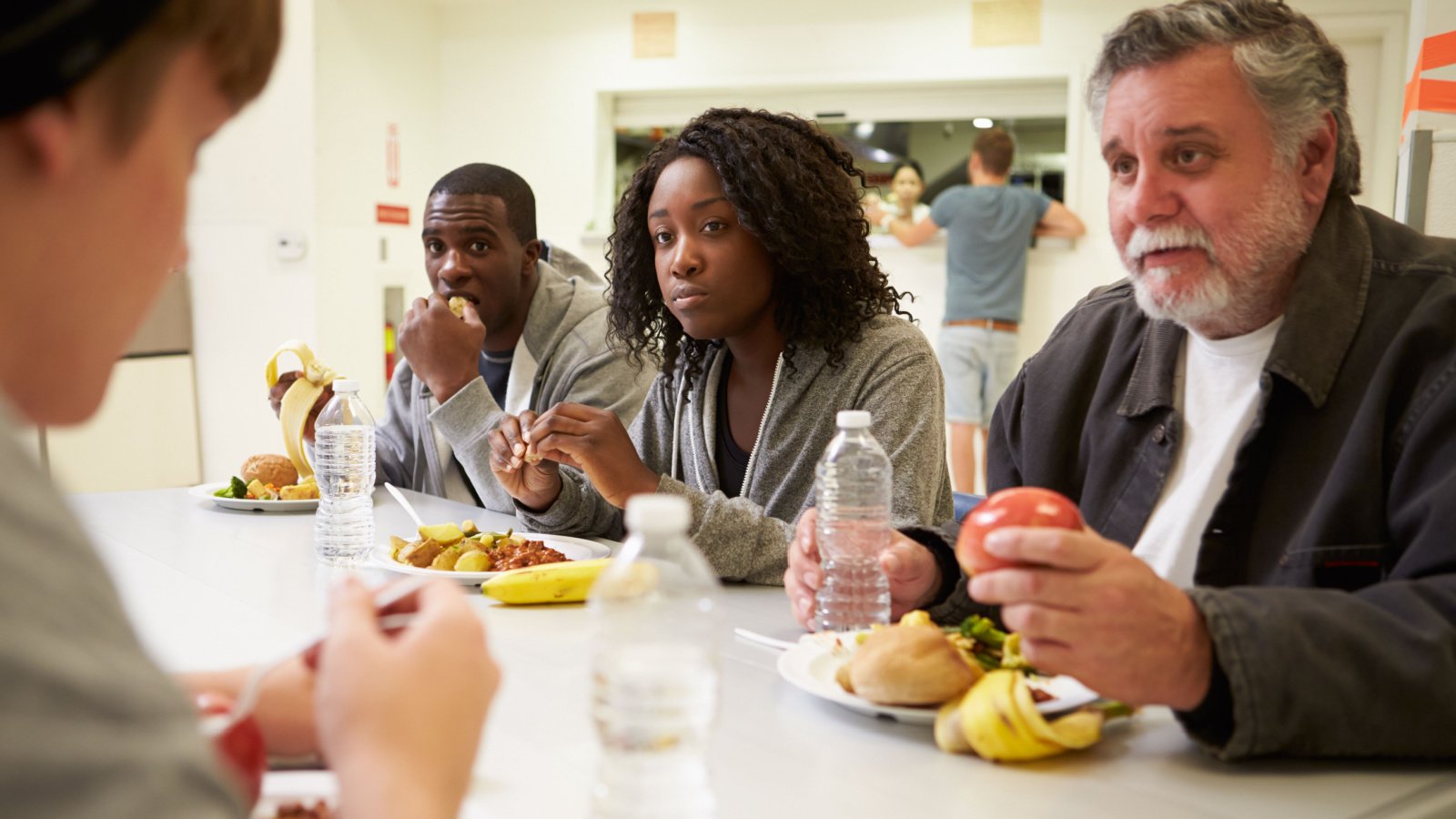
The Supreme Court’s ruling on Grants Pass, where up to 600 people are homeless daily, reflects a national trend of criminalizing homelessness. Similar laws are emerging across the country, highlighting a growing issue.
Florida’s Legislative Measures

In March, Florida Governor Ron DeSantis signed a law banning public camping or sleeping. This measure includes prohibitions on items like bedding and pillows on public property.
National Political Responses

Donald Trump, a 2024 presidential hopeful, announced a campaign policy in April 2023 to ban urban camping. He proposed arresting violators but offered treatment and services for those willing to be rehabilitated.




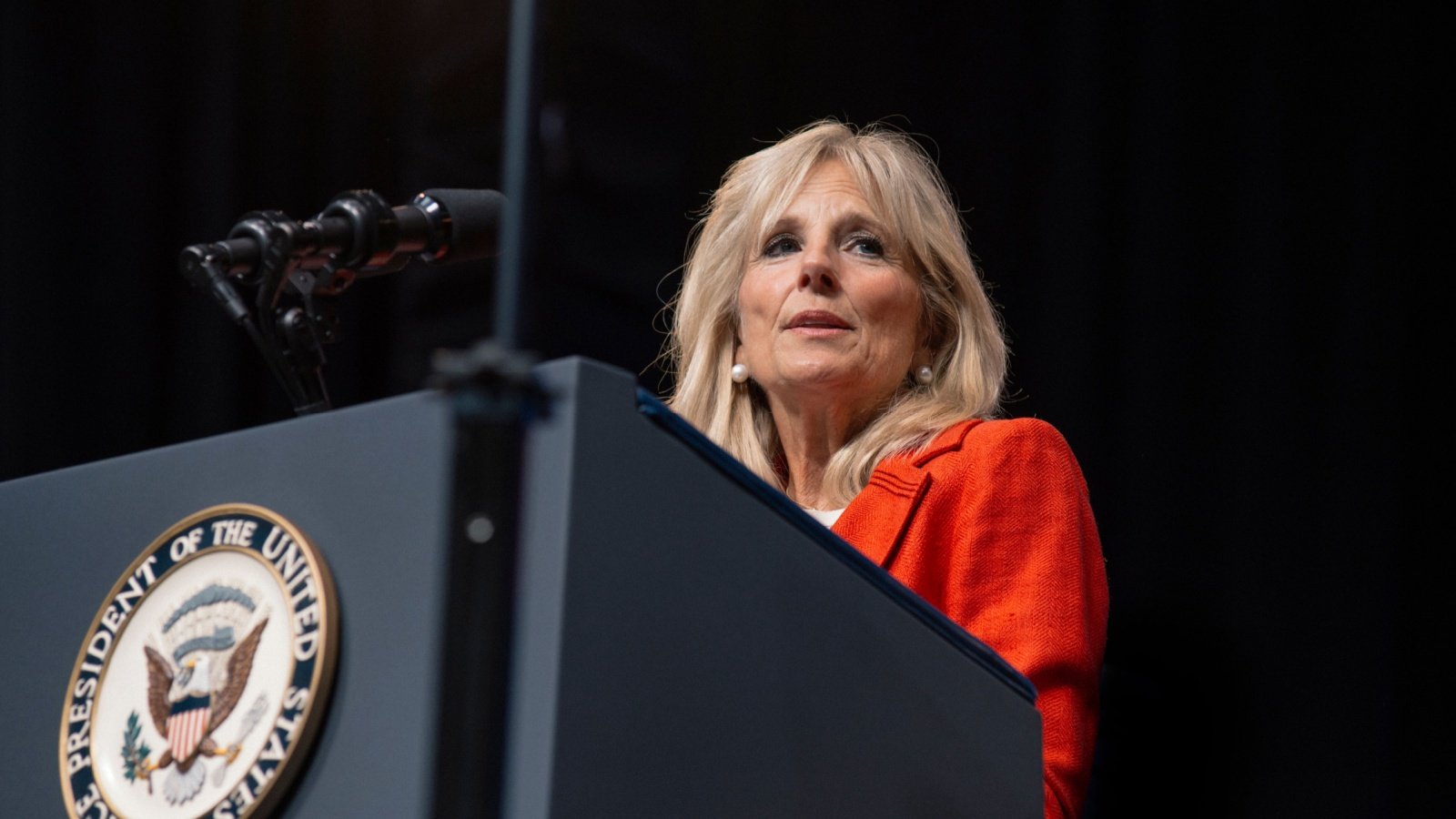
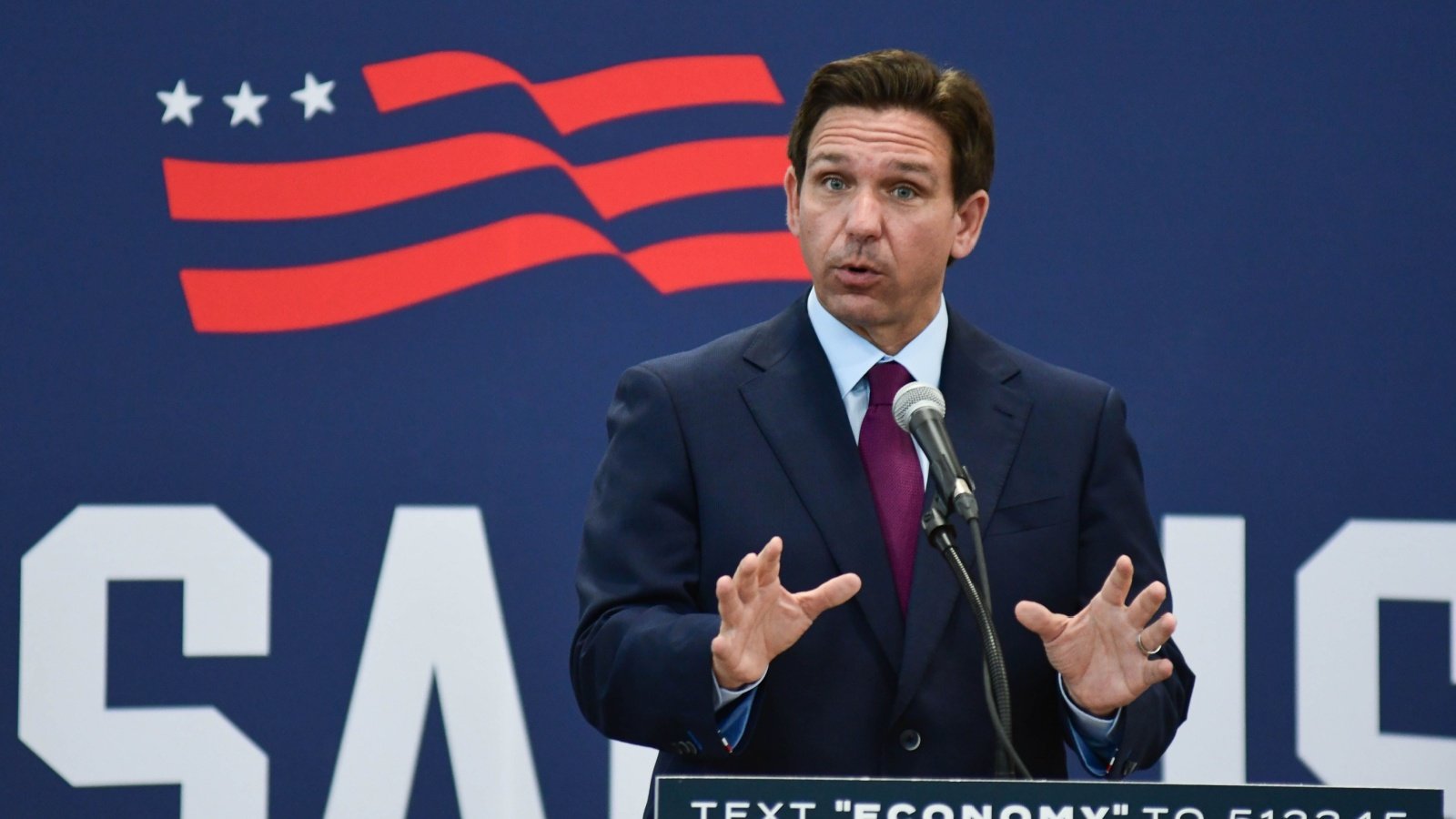

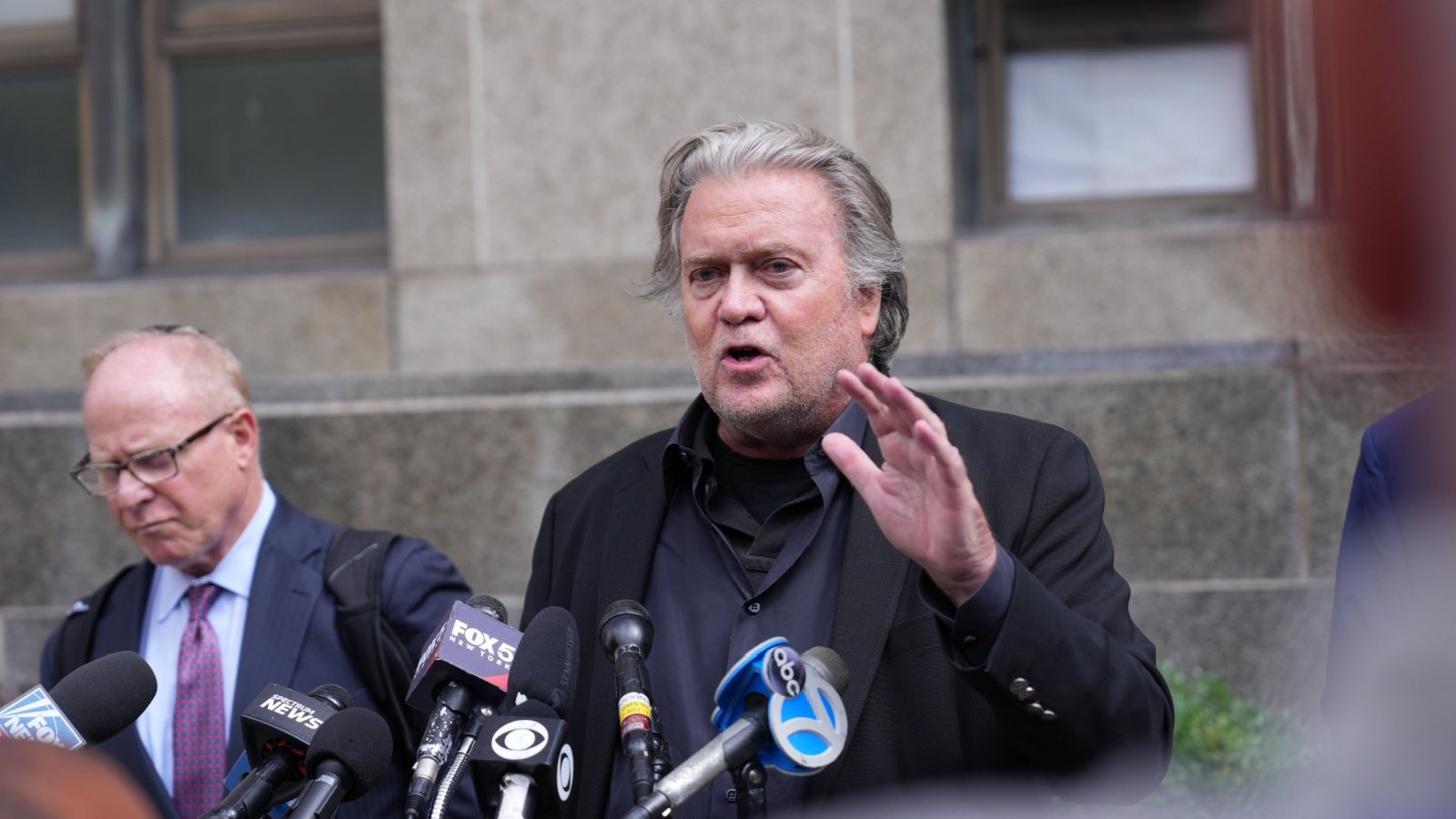

Unser Ziel ist es, Gewinne zügig und sicher an die Spieler zu übermitteln. Manche bevorzugen klassische Fruit Slots, andere eher moderne Video-Slots mit Bonusfunktionen oder jackpotschwere Tischspiele.
Dann laden Sie Ihr Casino-Konto auf – und schon können Sie Ihre erste Wolfy Casino und
Login-Erfahrung mit Willkommensbonus genießen. Um alles reibungslos zu gestalten, haben wir den Registrierungsprozess vereinfacht.
Zusätzlich zu diesem Standardbonus bieten wir
gelegentlich Sonderaktionen wie ein Wolfy Casino und Kein Einzahlungsbonus an. Auch auf Wolfy
Casino und Kein Einzahlungsbonus setzen wir,
um ein Stück Extra-Vergnügen zu ermöglichen.
Der ausgewählte Slot „Tower of Fortuna“ bietet spannende Spielmechaniken wie steigende Multiplikatoren und Bonus-Runden, die für zusätzliche Gewinnchancen sorgen.
Freispiele ohne Einzahlung sind umsatzfrei, sodass Gewinne direkt ausgezahlt werden können, was besonders vorteilhaft ist.
Wir können definitiv empfehlen, das Wolfy Casino auszuprobieren und
sich den ein oder anderen Bonus dort zu sichern. Dort können die User selber entscheiden, wie viel
Risiko sie eingehen und wann sie sich ihren Gewinn sichern.
Es bietet tolle Boni und neben den mehr als 6.000 anderen Spielen die derzeit besonders
beliebten „Crash-Games“ wie JetX, die zu den Mini-Spielen gezählt werden.
ChatGPT was initially free to the public and
remains free in a limited capacity. In September 2025,
OpenAI added a feature called Pulse, which generates a
daily analysis of a user’s chats and connected apps such as Gmail
and Google Calendar. In December 2024, OpenAI
launched a new feature allowing users to call ChatGPT with a telephone for up to 15 minutes per month for free.
To prevent offensive outputs from being presented to
and produced by ChatGPT, queries are filtered through the OpenAI “Moderation endpoint” API (a separate GPT-based AI).
ChatGPT is frequently used for translation and summarization tasks, and can simulate interactive
environments such as a Linux terminal, a multi-user chat room, or simple text-based games such as
tic-tac-toe. The laborers were exposed to toxic and traumatic content; one worker
described the assignment as “torture”.
Kevin Roose of The New York Times called it “the best artificial intelligence chatbot ever released to the general public”.
In August 2024, OpenAI announced it had created a text watermarking
method but did not release it for public use, saying that users would go to a competitor without watermarking if it publicly released its watermarking tool.
OpenAI CEO Sam Altman said that users were unable to see the contents of the
conversations.
Settle a dinner table debate, or practice a new language.
In July 2024, the American Bar Association (ABA) issued its
first formal ethics opinion on attorneys using generative AI.
On November 29, Rosário revealed that the bill
had been entirely written by ChatGPT, and
that he had presented it to the rest of the council without making any changes
or disclosing the chatbot’s involvement. In Mata v. Avianca, Inc., a personal injury lawsuit filed in May 2023, the plaintiff’s attorneys used ChatGPT to generate a legal motion. In November 2025, OpenAI acknowledged that there have been “instances where our 4o model fell short in recognizing signs of delusion or emotional dependency”,
and reported that it is working to improve safety. A 2025 Sentio University survey of 499 LLM users with self-reported
mental health conditions found that 96.2% use ChatGPT, with 48.7% using it specifically for mental health support or therapy-related purposes.
References:
https://blackcoin.co/bet365-casino-review-november-2025/
SkyCrown Casino knows how to greet new players with style.
Push-style notifications keep you updated about bonuses and
promotions. Pages load fast even on average connections, graphics
stay sharp, and the games are optimised to run smoothly without draining your battery.
Another highlight is how stable the mobile platform feels.
Always check the wagering requirements, maximum bet limits, and
which games count fully toward clearing the bonus. Welcome bonuses
can look attractive, but the details matter.
A strong casino should feature titles from leading providers such as Pragmatic Play, NetEnt,
Microgaming, and Play’n GO.
References:
https://blackcoin.co/ultimate-guide-to-online-casinos/
online casinos paypal
References:
https://arlogjobs.org/
us poker sites that accept paypal
References:
corerecruitingroup.com